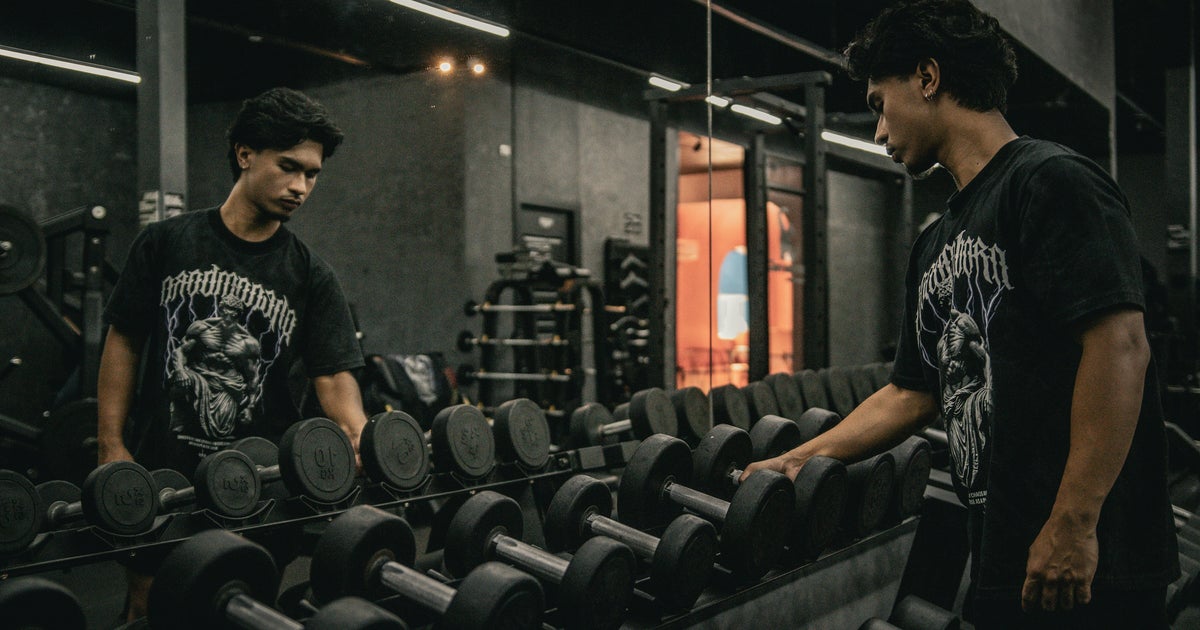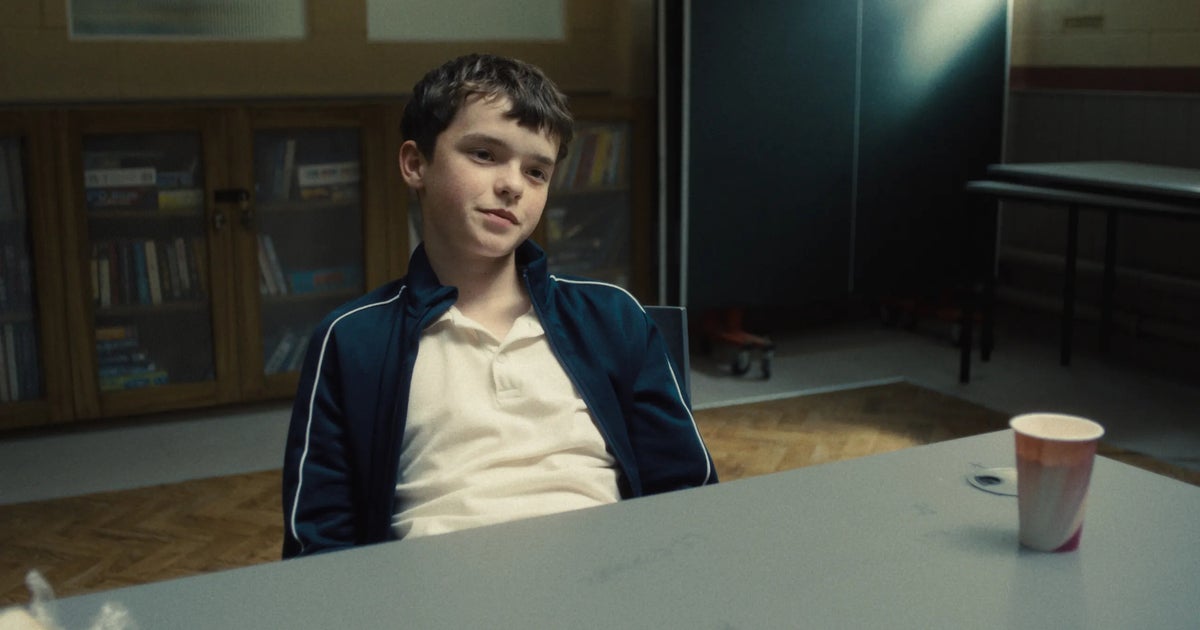<div class="js-react-hydrator" data-component-name="YouTube" data-component-id="1336" data-component-props="{"itemType":"video","index":19,"contentIndexByType":2,"contentListType":"embed","code":"
","type":"video","meta":{"author":"Clean Bandit","author_url":"https://www.youtube.com/channel/UCvhQPdeTHzIRneScV8MIocg","cache_age":86400,"description":"Clean Bandit x Anne-Marie x David Guetta – Cry Baby is available to stream and download now: https://CBxAMxDG.lnk.to/CryBabyAY\n\nDirected, Produced & Edited by Clean Bandit\n\nStarring – Ruger, Francis Bourgeois, Anne-Marie, Cartia Mallan, David Guetta, Clean Bandit\n\nChief production designer/set builder (train!!) – Grace’s dad Ricky Chatto\n\nA Clean Film Production\n\n\nCry Baby Lyrics:\n\nI know what you did last night\nI called you up and you declined\nI smell perfume but it ain’t mine\nIt’s not okay but it’s alright\n\nCause you telling so many lies I gotta let you go\nNow you know what it’s like to be all alone\nTell me\nHow you gonna hurt the one that loves you the most\nCause your tears gon cry a river go let it flow\n\nDon’t want no cry baby at my door I’ll let him go\nBoy I ain’t the same girl I was before\nYou’re only crying cause I don’t want you back no more\nBoy you had your chance\nAnd you can keep on crying baby\n\nI know you been lyin’ baby\n\nSo you can keep on crying baby\n\nI don’t know what you’re waiting for\nI packed your bags outside the door\nNo I don’t wanna sit and talk\nCan you hurry up I’m bored\n\nCause you telling so many lies I gotta let you go\nNow you know what it’s like to be all alone\nTell me\nHow you gonna hurt the one that loves you the most\nCause your tears gon cry a river go let it flow\n\nDon’t want no cry baby at my door I’ll let him go\nBoy I ain’t the same girl I was before\nYou’re only crying cause I don’t want you back no more\nBoy you had your chance\nAnd you can keep on crying baby\n\nOhhhhh\nI know you been lying baby\nOhhhhh\nSo you can keep on crying baby\nYou can keep on crying baby boy\nI know you been, I know you been lying baby\nSo you can keep on crying baby\n\nClean Bandit, Anne-Marie, David Guetta – Cry Baby (Official Video)\n#cleanbandit #davidguetta #annemarie","options":{"_cc_load_policy":{"label":"Closed captions","value":false},"_end":{"label":"End on","placeholder":"ex.: 11, 1m10s","value":""},"_start":{"label":"Start from","placeholder":"ex.: 11, 1m10s","value":""},"click_to_play":{"label":"Add your own player cover","value":false}},"provider_name":"YouTube","thumbnail_height":720,"thumbnail_url":"https://i.ytimg.com/vi/P6OgpKqb-HA/maxresdefault.jpg","thumbnail_width":1280,"title":"Clean Bandit, Anne-Marie, David Guetta – Cry Baby (Official Video)","type":"video","url":"https://www.youtube.com/watch?v=P6OgpKqb-HA","version":"1.0"},"flags":[],"enhancements":{},"fullBleed":false,"options":{"theme":"news","device":"desktop","editionInfo":{"id":"uk","name":"U.K.","link":"https://www.huffingtonpost.co.uk","locale":"en_GB"},"originalEdition":"uk","isMapi":false,"isAmp":false,"isAdsFree":false,"isVideoEntry":false,"isEntry":true,"isMt":false,"entryId":"67ea92e0e4b008c5a2ecab86","entryPermalink":"https://www.huffingtonpost.co.uk/entry/jeremy-clarkson-replacement-grand-tour-rumours-francis-bourgeois_uk_67ea92e0e4b008c5a2ecab86","entryTagsList":"uktv,jeremy-clarkson,grand-tour","sectionSlug":"entertainment","deptSlug":null,"sectionRedirectUrl":null,"subcategories":"","isWide":false,"headerOverride":null,"noVideoAds":false,"disableFloat":false,"isNative":false,"commercialVideo":{"provider":"custom","site_and_category":"uk.entertainment","package":null},"isHighline":false,"vidibleConfigValues":{"cid":"60afc140cf94592c45d7390c","disabledWithMapiEntries":false,"overrides":{"all":"60b8e525cdd90620331baaf4"},"whitelisted":["56c5f12ee4b03a39c93c9439","56c6056ee4b01f2b7e1b5f35","59bfee7f9e451049f87f550b","5acccbaac269d609ef44c529","570278d2e4b070ff77b98217","57027b4be4b070ff77b98d5c","56fe95c4e4b0041c4242016b","570279cfe4b06d08e3629954","5ba9e8821c2e65639162ccf1","5bcd9904821576674bc55ced","5d076ca127f25f504327c72e","5b35266b158f855373e28256","5ebac2e8abddfb04f877dff2","60b8e525cdd90620331baaf4","60b64354b171b7444beaff4d","60d0d8e09340d7032ad0fb1a","60d0d90f9340d7032ad0fbeb","60d0d9949340d7032ad0fed3","60d0d9f99340d7032ad10113","60d0daa69340d7032ad104cf","60d0de02b627221e9d819408"],"playlists":{"default":"57bc306888d2ff1a7f6b5579","news":"56c6dbcee4b04edee8beb49c","politics":"56c6dbcee4b04edee8beb49c","entertainment":"56c6e7f2e4b0983aa64c60fc","tech":"56c6f70ae4b043c5bdcaebf9","parents":"56cc65c2e4b0239099455b42","lifestyle":"56cc66a9e4b01f81ef94e98c"},"playerUpdates":{"56c6056ee4b01f2b7e1b5f35":"60b8e525cdd90620331baaf4","56c5f12ee4b03a39c93c9439":"60d0d8e09340d7032ad0fb1a","59bfee7f9e451049f87f550b":"60d0d90f9340d7032ad0fbeb","5acccbaac269d609ef44c529":"60d0d9949340d7032ad0fed3","5bcd9904821576674bc55ced":"60d0d9f99340d7032ad10113","5d076ca127f25f504327c72e":"60d0daa69340d7032ad104cf","5ebac2e8abddfb04f877dff2":"60d0de02b627221e9d819408"}},"connatixConfigValues":{"defaultPlayer":"8b034f64-513c-4987-b16f-42d6008f7feb","clickToPlayPlayer":"5a777b9b-81fe-41a6-8302-59e9953ee8a2","videoPagePlayer":"19654b65-409c-4b38-90db-80cbdea02cf4"},"topConnatixThumnbailSrc":"data:image/png;base64,iVBORw0KGgoAAAANSUhEUgAAAAEAAAABCAQAAAC1HAwCAAAAC0lEQVR42mNkYAAAAAYAAjCB0C8AAAAASUVORK5CYII=","customAmpComponents":[],"ampAssetsUrl":"https://amp.assets.huffpost.com","videoTraits":null,"positionInUnitCounts":{"buzz_head":{"count":0},"buzz_body":{"count":0},"buzz_bottom":{"count":0}},"positionInSubUnitCounts":{"article_body":{"count":11},"blog_summary":{"count":0},"before_you_go_content":{"count":0}},"connatixCountsHelper":{"count":0},"buzzfeedTracking":{"context_page_id":"67ea92e0e4b008c5a2ecab86","context_page_type":"buzz","destination":"huffpost","mode":"desktop","page_edition":"en-uk"},"tags":[{"name":"uktv","slug":"uktv","links":{"relativeLink":"news/uktv","permalink":"https://www.huffingtonpost.co.uk/news/uktv","mobileWebLink":"https://www.huffingtonpost.co.uk/news/uktv"},"section":{"title":"Entertainment","slug":"entertainment"},"topic":{"title":"UK TV","slug":"uktv","overridesSectionLabel":false},"url":"https://www.huffingtonpost.co.uk/news/uktv/"},{"name":"Jeremy Clarkson","slug":"jeremy-clarkson","links":{"relativeLink":"news/jeremy-clarkson","permalink":"https://www.huffingtonpost.co.uk/news/jeremy-clarkson","mobileWebLink":"https://www.huffingtonpost.co.uk/news/jeremy-clarkson"},"url":"https://www.huffingtonpost.co.uk/news/jeremy-clarkson/"},{"name":"Grand Tour","slug":"grand-tour","links":{"relativeLink":"news/grand-tour","permalink":"https://www.huffingtonpost.co.uk/news/grand-tour","mobileWebLink":"https://www.huffingtonpost.co.uk/news/grand-tour"},"url":"https://www.huffingtonpost.co.uk/news/grand-tour/"}],"isLiveblogLive":null,"isLiveblog":false,"cetUnit":"buzz_body","bodyAds":["
\r\n\r\n HPGam.cmd.push(function(){\r\n\t\treturn HPGam.render(\"inline-1\", \"entry_paragraph_1\", false, false);\r\n });\r\n\r\n","
\r\n\r\n HPGam.cmd.push(function(){\r\n\t\treturn HPGam.render(\"inline\", \"entry_paragraph_2\", false, false);\r\n });\r\n\r\n","
\r\n\r\n HPGam.cmd.push(function(){\r\n\t\treturn HPGam.render(\"inline-2\", \"entry_paragraph_3\", false, false);\r\n });\r\n\r\n","
\r\n\r\n HPGam.cmd.push(function(){\r\n\t\treturn HPGam.render(\"inline-infinite\", \"repeating_dynamic_display\", false, false);\r\n });\r\n\r\n"],"adCount":0},"isCollectionEmbed":false}”>

























